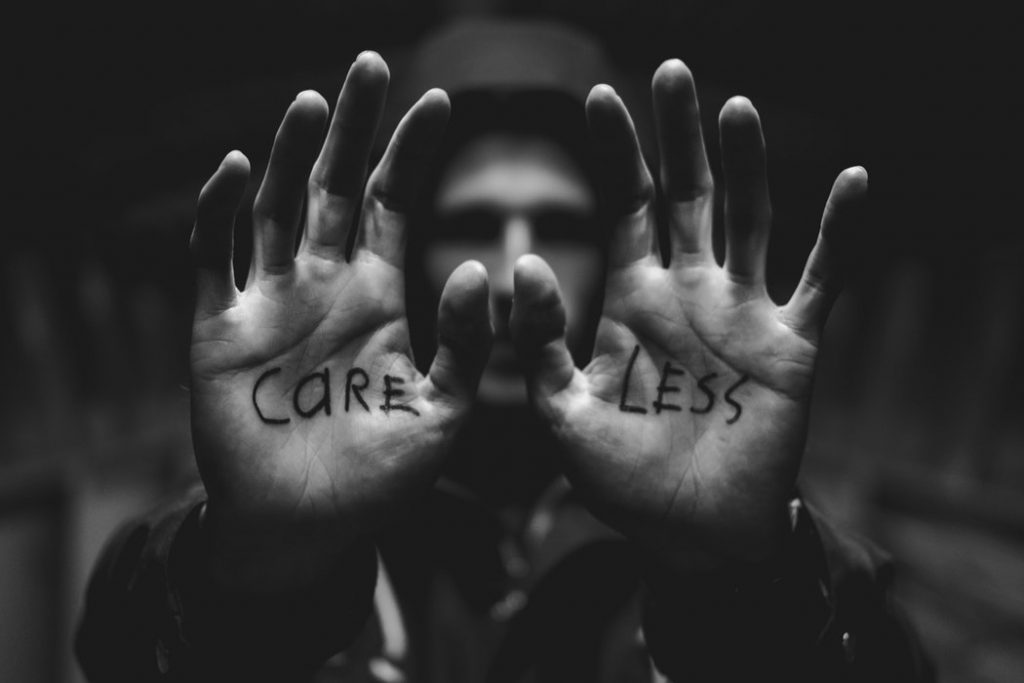Economics
My View of the World 2019
The calendar has clicked over to 2019 and many of us are wondering and praying about the coming year.
What is in store for our families and the world in the year of our Lord 2019? What personal assignments does God have for you this year?
As usual, in this first blog of 2019, I will attempt to give you a 30,000 foot view of some of today’s issues and what they mean.
Here’s my view of the world in 2019.
Summer of Socialism: Reject the Hype.
For the majority of my adult life, the word “socialism” connoted something akin to the N-word or F-bomb.
Why?
Because socialism is a bad thing, just like the other two.
So why is socialism being revived in the United States in 2018? And what should we think about our “Summer of Socialism?”
Reject the hype.
The Family We’re Fighting
The problem with separating parents from children of illegal immigrants at the border, currently being used to score political points by many, prompted me to think about families.
I will first offer my perspective on the border controversy, then discuss another view of “family” that we desperately need to understand.
Did you know that we are fighting quite a large “family” in the Western World?
Whose family is it?



